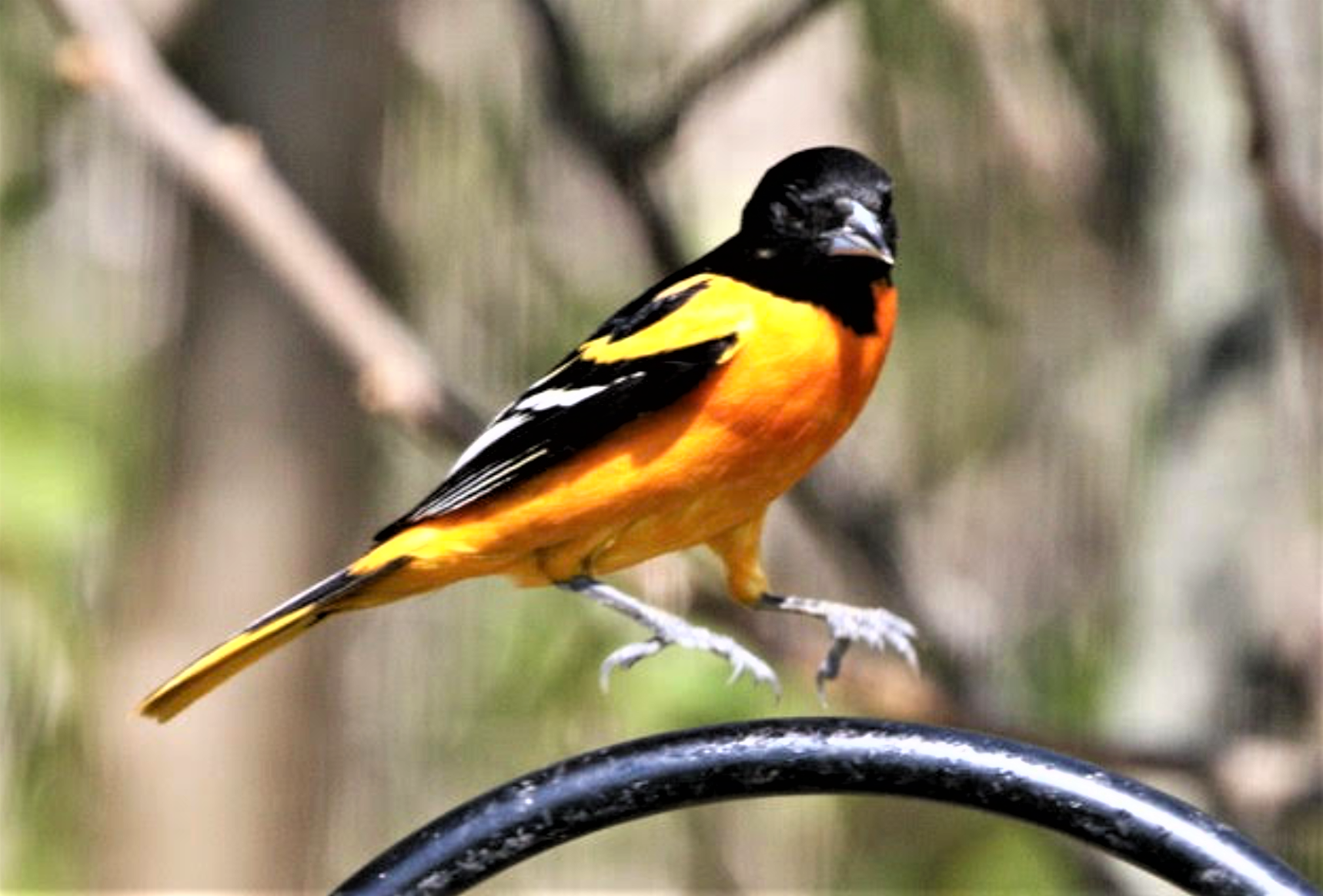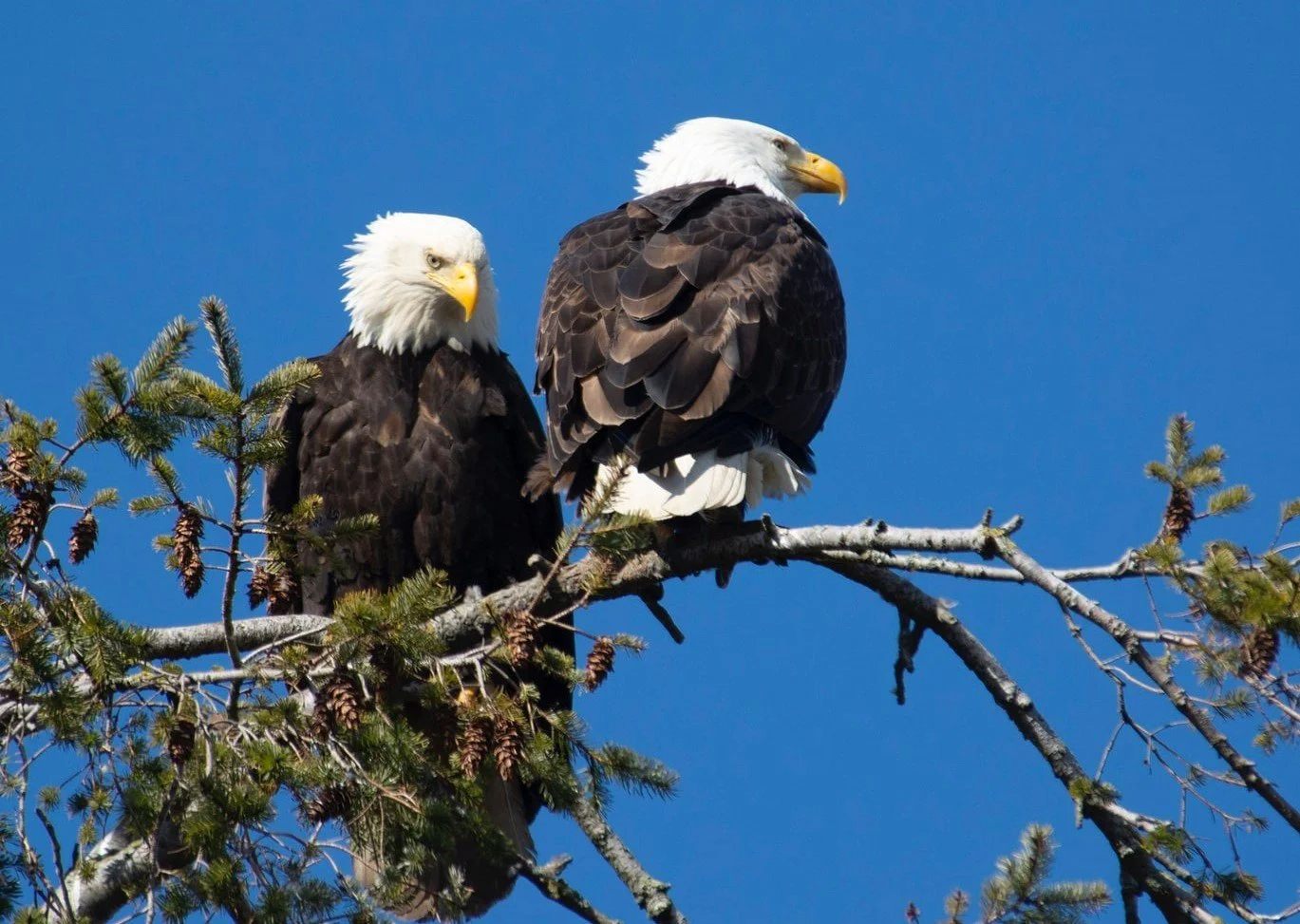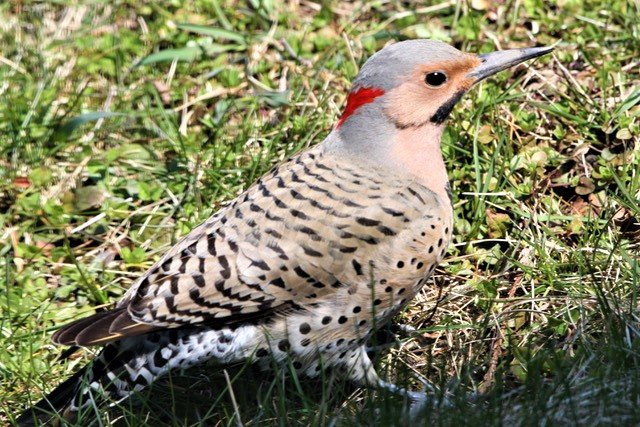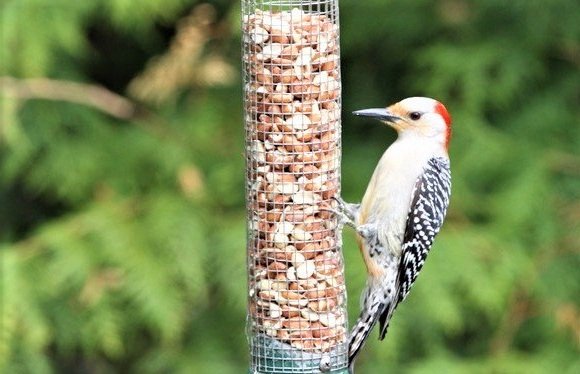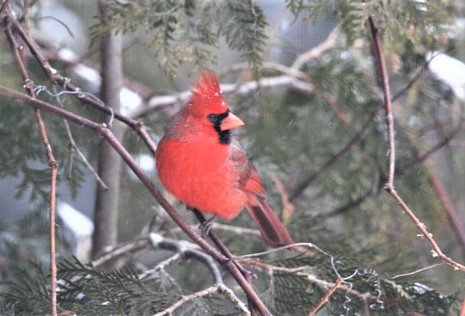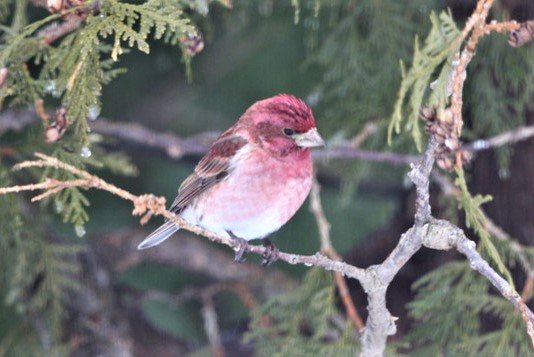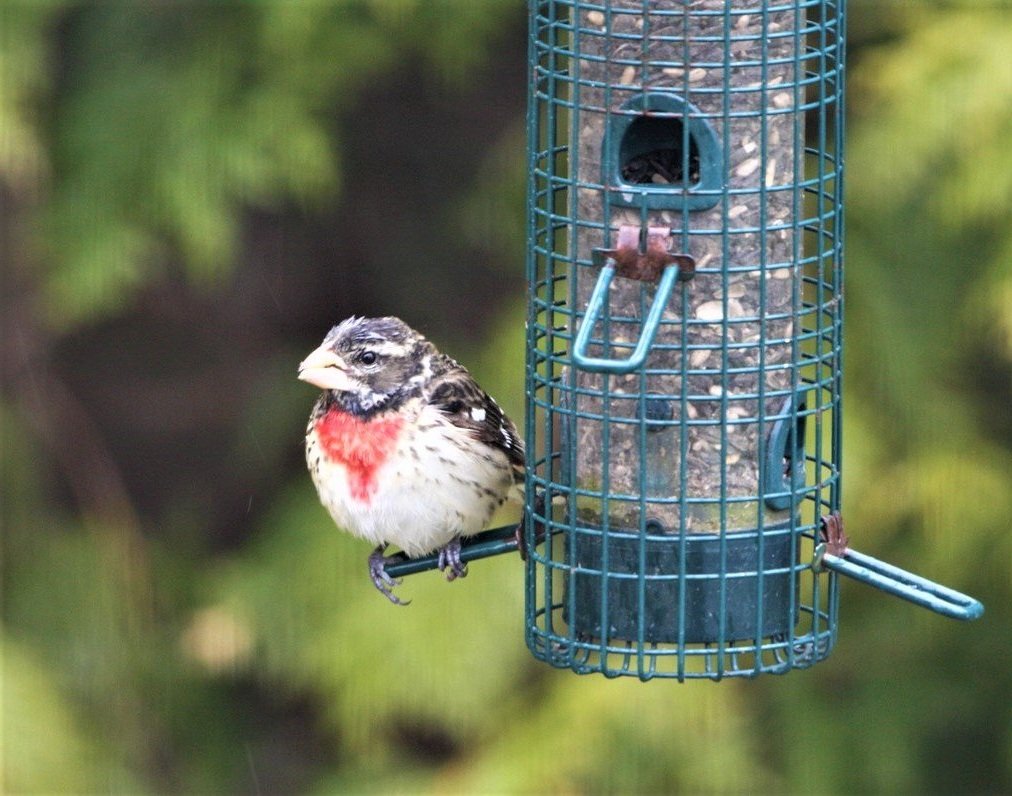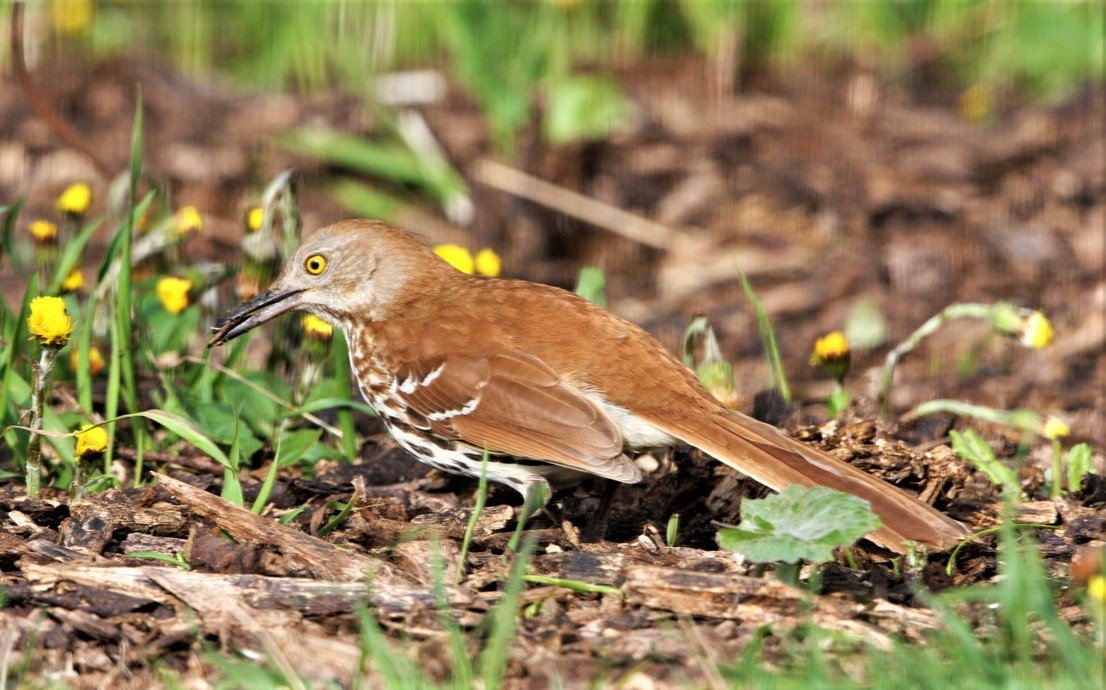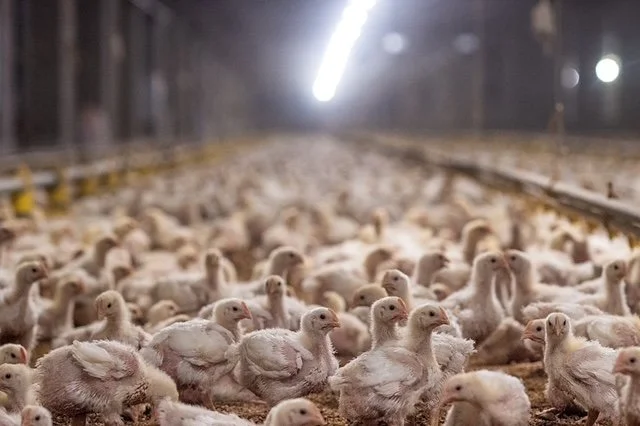By Jessica Scott-Reid
Jessica is a Canadian writer, animal advocate and plant-based food expert. Her work appears regularly in media across Canada and the US.
Throughout the COVID-19 pandemic, research has shown that more people sought out nature and animals as means to relieve stress and support mental health. Birdwatching in particular became a popular pastime during periods of pandemic lockdown. Today though, as many regions of the world cope with yet another viral pathogen, H5N1, a.k.a. the latest strain of avian flu, it’s the birds who now need us. As Jody Allair, director of community engagement for Birds Canada stated in a recent newsletter: “Birds and nature have been there for us through these challenging times. Now we need to be there for them."
To date, over 1.7 million farmed birds in Canada, and 38 million in the US, have died or been killed due to avian flu and millions more have died in Europe, Asia and Africa. The number of wild birds impacted by the virus is unknown (the virus affects different wild birds in different ways), but at least 51 bird species are documented to have been infected in the US. Bald eagles in particular have reportedly been dying of the virus in both Canada and the US.
Bald Eagles. Photo: Mariko Margetson on Unsplash
So how can we help our feathered friends? According to Birds Canada, there are a few things the average bird lover can do, including not feeding birds by hand, not touching dead birds, and reporting sick or dead birds to local authorities. There has also been some debate over whether or not it is safe to put out birdfeeders, birdbaths and other places where birds could gather. While local authorities in some areas have been advising against it, Environment and Climate Change Canada states bird feeders remain safe to use on properties without domestic “poultry” birds.
“To help keep feeder birds healthy, clean feeders every two weeks,” suggests Birds Canada. “Scrub and soak feeders with 10% chlorine bleach solution (use one part bleach to nine parts water). Rinse feeders thoroughly and allow to completely dry before refilling.”
Clockwise from left: Male Northern Flicker, Female Red-Bellied Woodpecker, Male Northern Cardinal, Male Purple Finch, Male Rose-Breasted Grosbeak, Brown Thrasher. Photos: PFN
You can support Birds Canada in its efforts to protect wild bird habitats by becoming a regular donor.
Also being impacted by the current avian flu outbreak are farmed animal sanctuaries and wildlife rehabilitation centres. Many of these important organizations have had to stop allowing public on-site tours in efforts to keep the virus away from resident birds. Most sanctuaries and wildlife facilities have also had to put additional protocols in place for new avian arrivals, including strict or stricter quarantining, in some cases off-site, and costly additional veterinary checks. Some have paused new avian intakes altogether. For non-profits, these changes can add up to be financially challenging, even devastating. So to help those who are helping birds, consider supporting your local sanctuaries and rehabilitation centres with a donation.
Finally, to support birds more broadly and into the future, consider limiting or ceasing support of factory farming. Avian flu may originate in wild birds, but it spreads rapidly among domesticated birds due to the conditions in which most are confined. Intensive farming of chickens, ducks, etc., for meat and eggs, involves packing large numbers of animals into very small, typically enclosed spaces, creating perfect reservoirs for disease (unfortunately, we’ve all learned about the importance of distance and air circulation in preventing disease spread). Once a case of avian flu is confirmed on a farm, entire flocks are destroyed, and methods of mass on-farm culling — such as suffocation — are far from humane. Thankfully, farming plant-based proteins used to produce meat and egg alternatives, come with little to no risk of avian flu spread.
Factory farmed chickens. Photo: Jo-Anne McArthur, We Animals Media
Birds hold a special place in many animal-lovers’ hearts, whether it be the song birds outside our windows, the rare owl spotted on a hike, or hens at the local sanctuary. But beyond the lovely sights and sounds, birds also provide us with crucial insights into the health of the world around us. As famous American naturalist and ornithologist Roger Tory Peterson once said: “Birds are an 'ecological litmus paper.' Because of their rapid metabolism and wide geographic range, they reflect changes in the environment quickly, they warn us of things out of balance, sending out signals whenever there is deterioration in the ecosystem.”
It’s time to stop and listen to the birds, perhaps more intently now than ever.
Sign up below for our newsletter — delivered to your inbox every month — to share insightful stories on how to have a positive impact on life on our planet.

